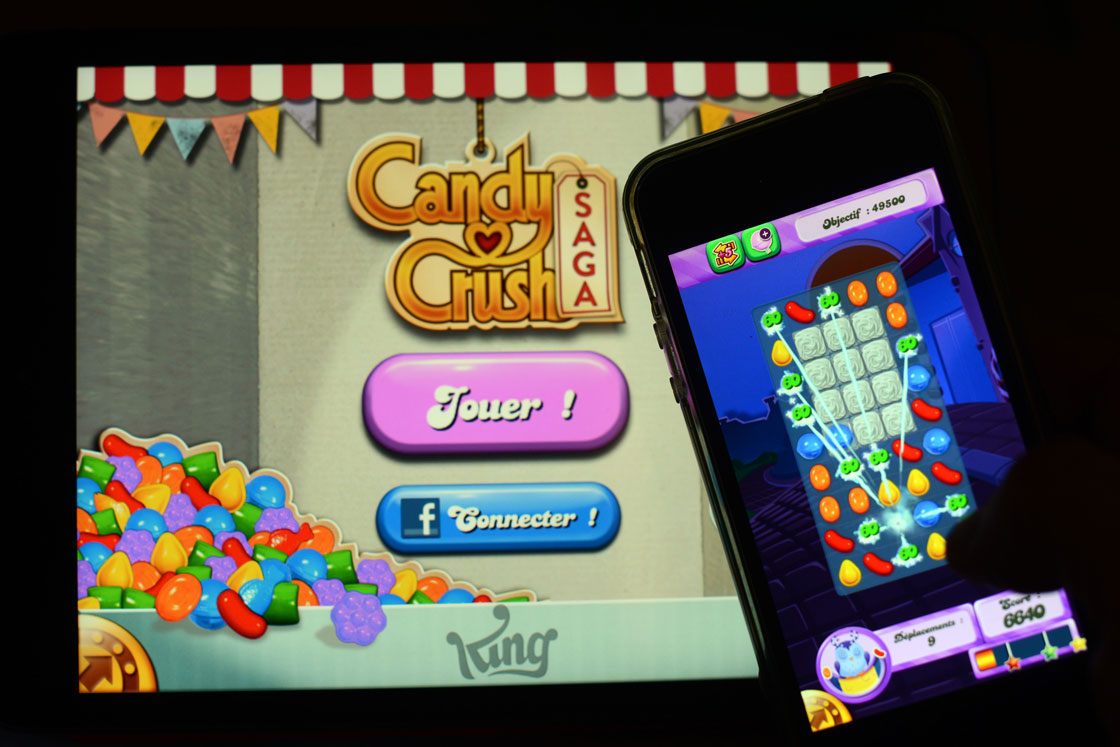Turns out, all those time-sucking video games and social networking apps that are turning kids into billionaires may be about as useful to the economy as they are to users.

In a new piece published Thursday, CIBC’s chief economist questioned the broader utility of what he calls the “Candy Crush economy,” based on the popular smartphone video game.
“How many of our most talented young people are now engaged in potentially fruitless chases for the next killer app?” Avery Shenfeld mused.
Make no mistake, Candy Crush and its ilk are massively valuable in terms of stock market value – Candy Crush is, on paper, a $6-billion company. Zynga, another game-maker (Farmville, et al) is worth $4 billion.
And the small group of founders for such endeavours are similarly fabulously rich.
“Hardly a month goes by when the likes of Google, Yahoo or Microsoft aren’t creating billionaires by buying up new applications from their creators,” Shenfeld said.
But for the broader economy, they don’t appear to be very useful.

Get weekly money news
Here’s why: These efforts don’t require much beyond a room to house software types to create said digital diversions. “There aren’t massive factories to be built, or wells to drill,” the CIBC economist said.
Winner take all
Moreover, for every Facebook there’s 1,000 flops – maybe 10,000.
“There’s no market mechanism to ensure we don’t over invest in such R&D, which has a winner-take-all outcome,” Shenfeld said.
- Daylight saving time 2026: Here’s when you should set your clocks forward
- Liberals survive confidence vote as House passes budget implementation bill
- Conservative MP searches for ‘antifa’ in federal government, Canadian Armed Forces
- Canadians stranded in Puerto Vallarta after violence disrupts flights home to Edmonton
Meanwhile, all that effort has been poured into dead-end ambitions, at least from the perspective of economic output and growth potential.
Winners and losers
Where there are winners, there are losers too, Shenfeld says.
“Those transfixed by Candy Crush, or their social media sites, aren’t reading books, newspapers or magazines on their subway ride,” Shenfeld notes.
Take a look at the stock price of a newspaper company – whose employee base is far bigger than a handful of developers – to see the results.
Shenfeld, who appears anxious to get some digitally induced angst off his chest, goes further still.
“In the extreme, the computer can substitute for getting out into the real world,” he said, and ends the piece by advising readers to “go look for a real Easter egg outside, not an online image.”
WATCH: Are we setting kids up for a lifelong gaming addiction?






Comments
Want to discuss? Please read our Commenting Policy first.